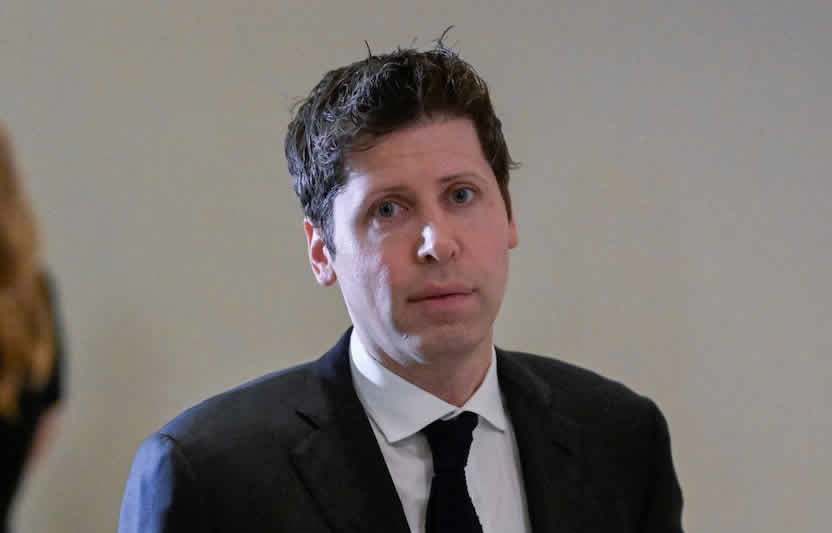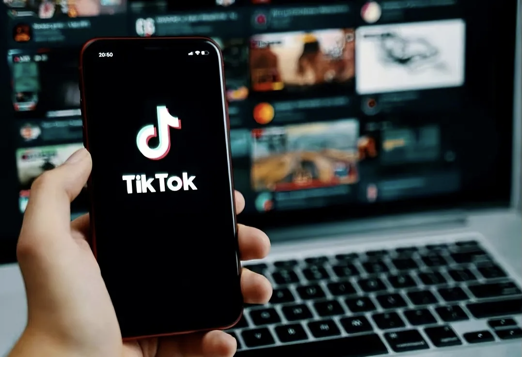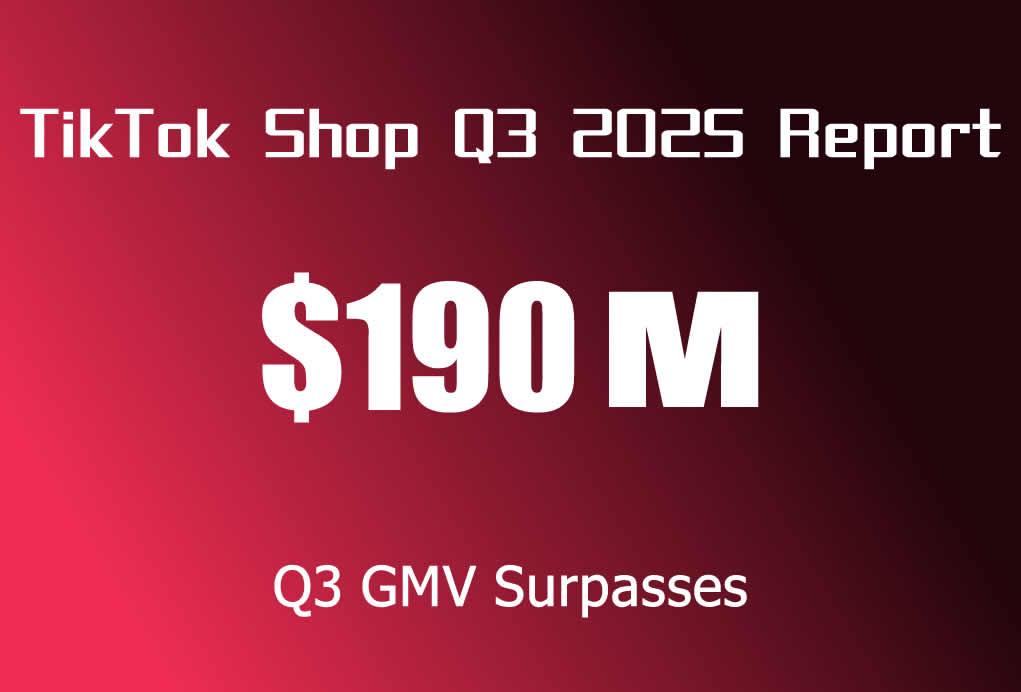OpenAI CEO Sam Altman says the AI his company is building might eventually reduce the need for software engineers. Not immediately but the direction is clear. “Each software engineer will just do much, much more for a while,” he said. “And then at some point, yeah, maybe we do need less software engineers.”

The rise of AI brings both unprecedented convenience and a growing sense of apprehension. While AI has already begun displacing UI designers, this trend is now extending its reach to impact programmers. Today, we examine Sam Altman’s critical perspective on this evolving landscape.
OpenAI CEO Sam Altman delivered a provocative keynote at the Global Tech Summit, predicting a seismic shift in software engineering roles. “The era of mass-coding may sunset faster than we think,” he stated, pointing to AI systems capable of autonomously generating production-grade code.
Altman revealed that internal OpenAI experiments show AI agents can now handle 68% of routine coding tasks in common programming languages like Python and JavaScript. “This isn’t about replacing developers, but redefining what ‘engineering’ means,” he clarified. “Future engineers will focus less on syntax and more on high-value problem-solving.”
The remarks sparked intense debate among developers. GitHub data shows a 290% year-over-year increase in AI-assisted coding, with tools like Copilot accelerating feature development. However, Altman warned of an impending “skills cliff”: “Teams clinging to manual coding practices risk obsolescence by 2028.”
Critics argue this vision overlooks critical human oversight needs. A recent MIT study found AI-generated code contains 22% more security vulnerabilities compared to human-written counterparts. Altman acknowledged these concerns, stating OpenAI is developing “AI supervisor systems” to audit automated outputs.
The CEO also hinted at upcoming ChatGPT-5 capabilities, including real-time architectural diagram generation and cross-platform deployment automation. “We’re not just automating code – we’re rebuilding the entire software lifecycle,” he said, while urging developers to embrace “AI co-piloting” as standard practice.




